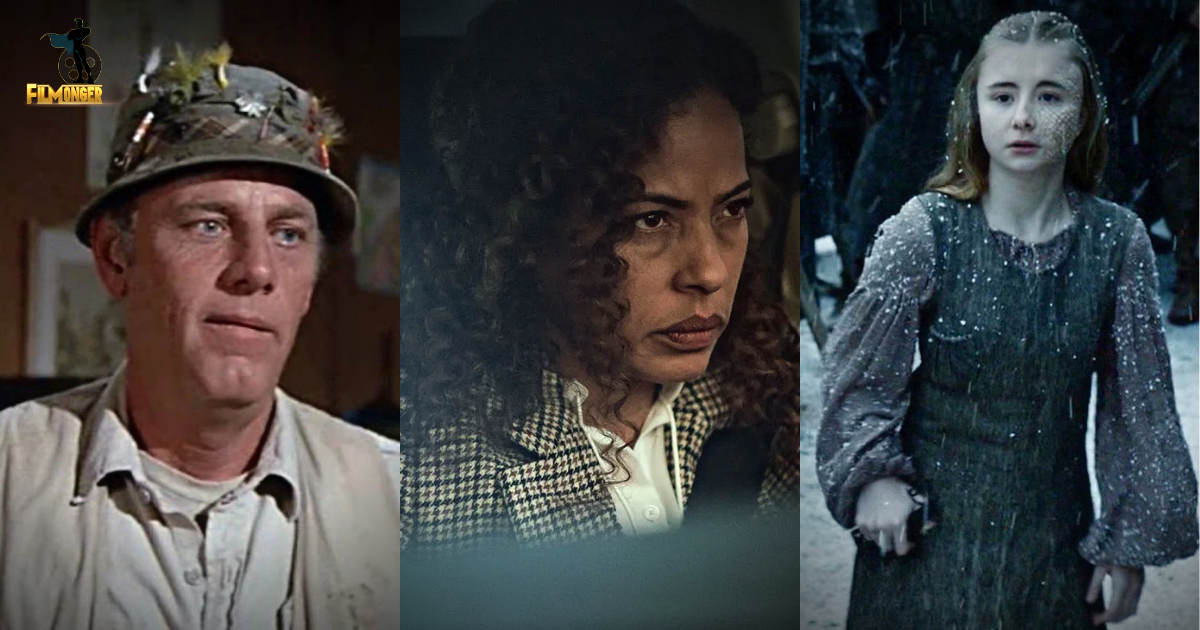A “death flag” in TV shows, series, and movies refers to a common narrative trope or detail that often signifies that a character is about to die. While it’s not always certain, spotting these flags can provide hints about major character deaths. These flags are frequently repeated in media despite not being foolproof indicators.
Here we’ve come up with a list of eleven common death flags in television series that can help viewers predict character deaths. These recurring details have appeared in many popular shows and are likely to continue being used. However, it’s important to remember that anticipating tragic events on TV can sometimes heighten the emotional impact when they occur.
1. Characters close to retirement
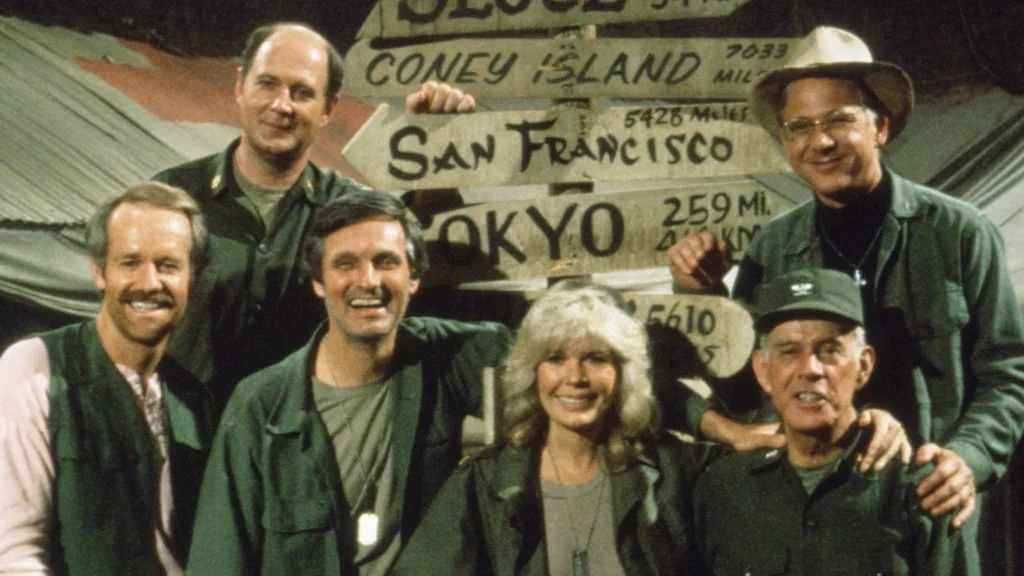
One of the most common and somewhat clichéd death flags in television is the “character nearing retirement” trope, also known as “retirony.” In this scenario, a character, often someone in a perilous profession like a police officer, mentions their upcoming retirement. Tragically, they meet their demise before reaching this milestone, often in a manner related to their dangerous occupation. An iconic example is Colonel Blake’s death in the TV series M*A*S*H, where he’s set to go home from the Korean War, but his plane crashes on the way.
2. Characters who are not watchful of the road

Another frequently observed death flag in television is when a character takes their attention away from the road while driving, often resulting in a fatal accident. This scenario has been depicted in numerous TV scenes where a character, typically with a passenger, gets distracted by talking, singing, or other distractions, leading to a tragic car accident. Similarly, there are also instances of characters walking backward into the street or lingering too long in the roadway. These death flags are not only common but also evoke a sense of dread among viewers. One example is the Yellowjackets car scene.
3. Characters who receive an overwhelming backstory

In storytelling, it often becomes evident that a character is destined for a tragic fate when they are suddenly provided with an extensive backstory. This typically happens to characters who have been relatively unexplored in the series. Out of nowhere, these characters are given a dramatic backstory filled with elements like trauma, loss, or love. As the audience begins to empathize with and support these characters, their untimely demise becomes inevitable. An example of this pattern is the tragic death of Shireen Baratheon in Game of Thrones Season 5, where her substantial backstory foreshadowed her unfortunate fate.
4. Characters who are certain about the future

The “characters with future plans” trope is another common narrative device that often serves as a death flag for characters. In this trope, a character’s demise frequently occurs shortly after they express optimistic aspirations or plans for the future. This can be particularly heartbreaking when the character has come close to surviving the central conflict but ultimately does not. A notable, though less lethal, example of this trope can be found in The Office when Michael decides to leave a day earlier than expected, and he and Jim make lunch plans, even though he will be gone.
5. Characters who try to hide their cough

The “character that contracts a cough” trope is a notable and often ominous element in period pieces. This trope is straightforward: within the storyline, a character begins to cough, typically into a handkerchief, and it is later revealed that there is blood in the coughed-up material. Subsequently, the character becomes bedridden and ultimately succumbs to their illness. An example of this trope is seen in the first episode of The Crown, where King George VI experiences this coughing with blood, foreshadowing his tragic fate. Another notable use of this trope can be found in The Walking Dead.
6. Characters giving out sudden emotional speeches
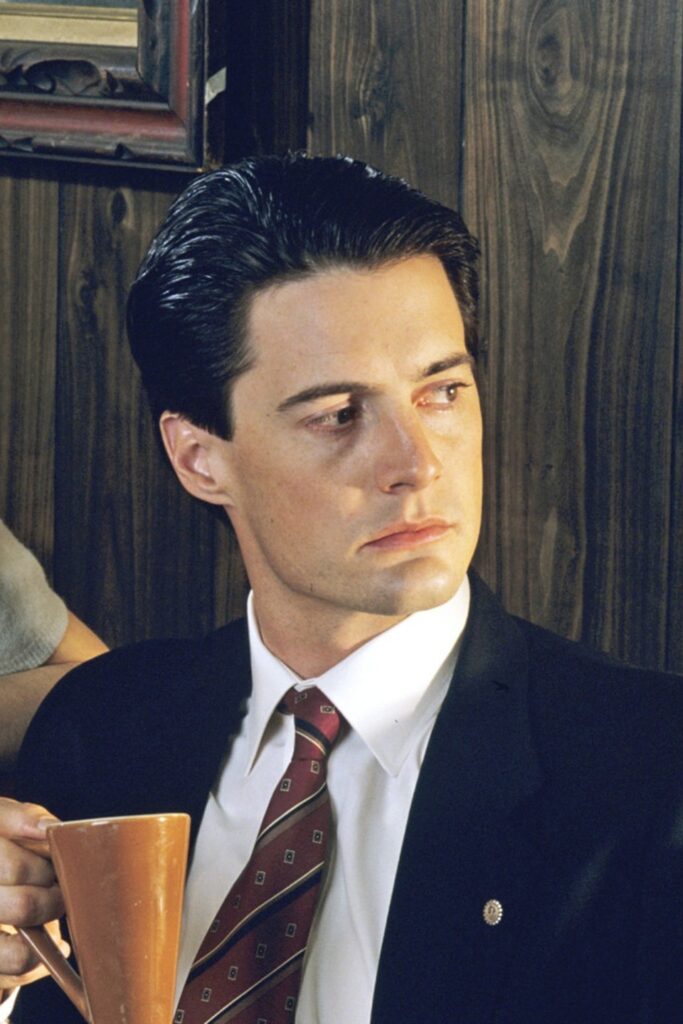
The “emotional pre-death speech” trope is a clear indicator in storytelling that a character is likely to meet their demise. Typically, this moment occurs before a significant event and involves the character delivering an emotionally charged speech, often expressing love or gratitude toward others. This speech is usually out of character for the person giving it and serves as a poignant farewell. Shortly after the speech, the character is often met with a tragic fate. An example of this trope can be found in Twin Peaks with Dale Cooper, who delivers a powerful pre-death speech when he believes he is about to die, although he ultimately doesn’t.
7. Villains turning into heroes

The “redemption arc before death” trope is a powerful narrative device that often precedes a character’s tragic end. In this trope, a character who has consistently exhibited villainous behavior has a moment of redemption by performing a significant act of kindness. This could involve saving the protagonist or attempting to undo their own previous wrongdoings. However, their redemption is typically followed by their demise. An instance of this trope can be seen in the TV show, Lost, with characters like Sayid, who, despite a history of terrible acts, redeems himself by running away with a ticking time bomb to save the rest of the group, ultimately meeting his end in the process.
8. Characters who are hopeful of recovery
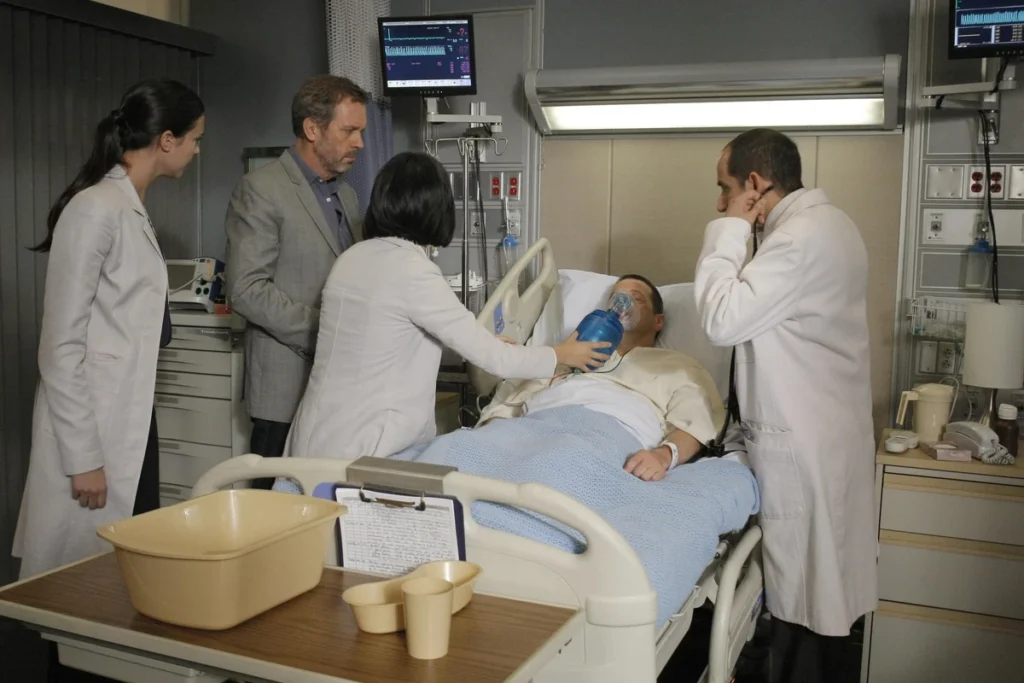
The “unfulfilled promise to return from danger” trope is a particularly heart-wrenching death flag in storytelling. In this trope, a character facing a perilous situation promises loved ones, often their children, that they will come back safely. However, they tragically fail to fulfill this promise, leading to a sense of betrayal and deep emotional impact. What makes this trope especially cruel is that the character usually makes the promise in a lighthearted and confident manner, genuinely believing they will survive the danger they face. This trope is commonly found in series that revolve around war or medical TV dramas, where the stakes and emotions run high. One common example is a scene from House.
9. Characters who are the protagonist’s weakness
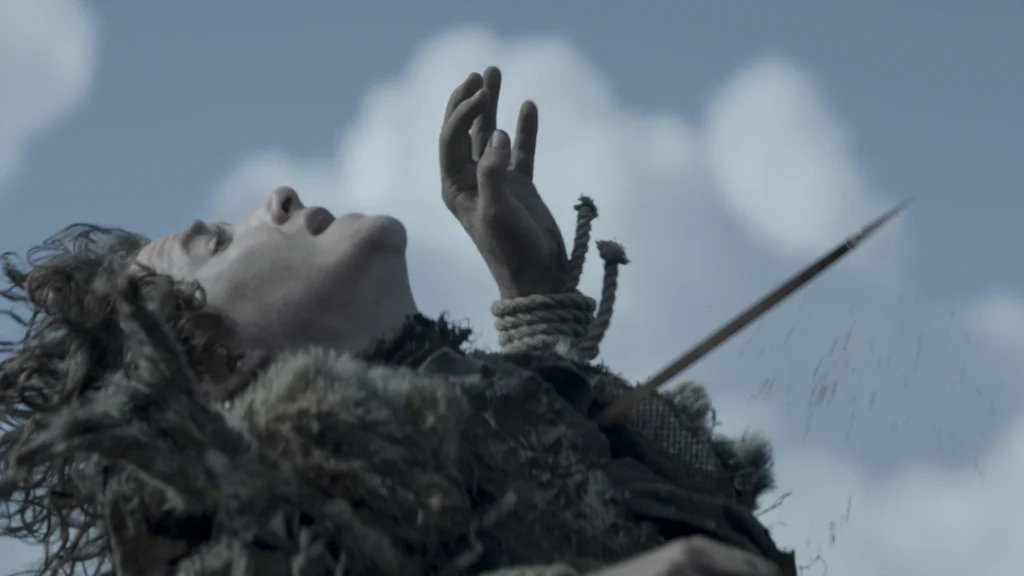
The character who serves as the protagonist’s “single greatest weakness” is a potent death flag in storytelling. This trope often emerges in series where the main character holds a position of power, such as a superhero, and their adversaries deliberately target the one person the protagonist cares about most. This character is typically the protagonist’s child, lover, best friend, parent, or mentor. While it doesn’t always result in death, being in this role is undeniably perilous, and the character often faces significant danger. An example of this trope can be seen in Game of Thrones with Rickon Stark, who becomes a target due to his significance to the main characters.
10. Characters who discover a secret

The “character who is the first to discover a major secret” trope is a classic and perilous narrative device, often seen in mystery series and shows involving murder or the supernatural. In this trope, a character quickly unravels a significant secret or stumbles upon a crucial piece of information. However, as they make this discovery or connection, a shadowy figure or antagonist typically appears and kills them, leaving the other characters to pick up the pieces and unravel the secret on their own. This trope adds suspense and intrigue to the plot while highlighting the dangers of uncovering hidden truths in the narrative. One major example is this scene from Buffy the Vampire Slayer.
11. Characters who stay positive in difficult situations

The “optimistic character meets a tragic end” trope is a poignant and recurring theme in storytelling, especially in darker series filled with constant challenges and threats. In this trope, there is typically a character who remains relentlessly cheerful and optimistic despite the grim circumstances around them. They often serve as a source of morale and hope for the rest of the cast. However, at a pivotal moment, this optimistic character enters a dangerous situation, maintaining their optimism, only to meet a tragic demise. Their death not only devastates the team emotionally but also fuels their determination to persevere despite the loss of that positive energy and inspiration. This trope highlights the harsh realities of the narrative world and the sacrifices made by characters who embody hope and optimism. One instance is this scene from The Great.
